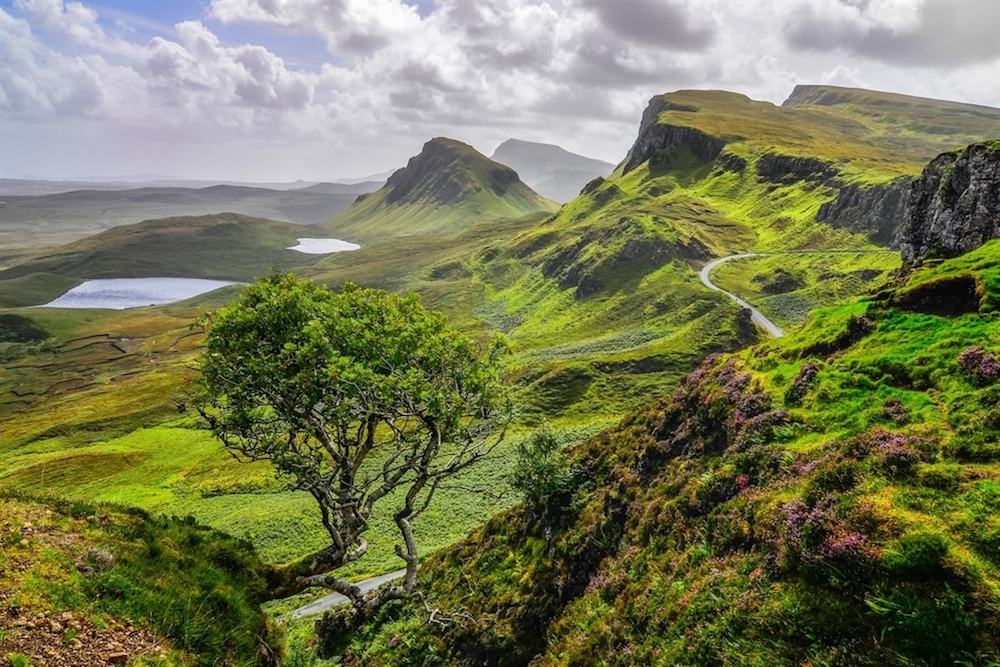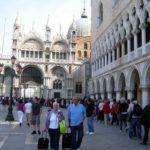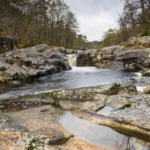
Skye, Scotland (TAN): Skye has been grappling with the problem of overcrowding by tourists for several years now.
The picturesque Scottish island is known for its dramatic scenery and stunning mountain peaks. Every year more than 500,000 tourists come to explore this beautiful place.
Skye is second only to Edinburgh in Scotland in the number of visitors that it draws each year.
[ALSO READ: Going to Egypt? Check out the new Red Sea Mountain Trail]
But the positives come with pitfalls. The massive surge in the number of tourists over the past five years are putting pressure on the island’s infrastructure and eroding its natural beauty.
Now, a study by the Glasgow Caledonian University will calculate the impact of tourism on the island’s employment, the wider economy and transport infrastructure by surveying residents, business owners and activity operators.
The study, conducted by the university’s Moffat Centre for Travel and Tourism, will speak to thousands of local people in an attempt to identify the problems and benefits that tourism brings.
[ALSO READ: Fourth night free at Punta Mita, Mexico at this resort]
The results will be revealed at a public event in early 2020.
Deirdre Curley, 29, is the owner of the Sligachan Hotel. She says the number of tourists on Skye has increased in the last five years.
“The only word I can use for it is crazy. We’re very busy, and we decided this year to open in February, when we usually open in March. We’ve only been open for a week, and it’s so busy. Skye at this time of year is usually really quiet,” Curley was quoted by The Herald as saying.
Curley worries that the island’s sense of community might be lost to the commercialisation of every available space.
[ALSO READ: Japan to open a poop museum in Yokohoma]
Almost every homeowner in Skye is now listed with Airbnb.
It is estimated that one in eight properties on Skye are now let out to on Airbnb. Earlier, it has been suggested that the island charge visitors a tourist tax.
Other suggestions included charging for tourist sites, or designating the island a Unesco World Heritage site to attract funding.
A VisitScotland spokeswoman was quoted by The Herald as saying: “Tourism is the heartbeat of the Scottish economy and is one of its most sustainable and enduring industries. Due to the continued success of tourism it is crucial that we address pinch points already identified and futureproof those areas where demand is growing and make sure Scotland remains a must-visit destination for future generations of holidaymakers.”




